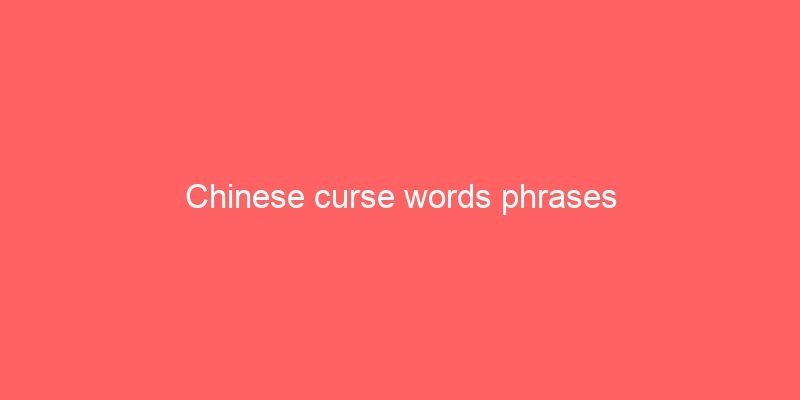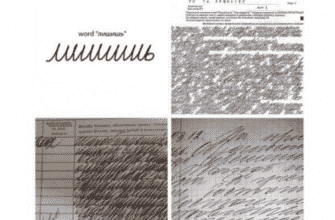Chinese Curse Words – A Quick Review
One of the most popular types of Chinese curse words is the curse word in (meaning “it succeeds,” but with an additional word). These are very common in Cantonese and Mandarin Chinese, and are easy to learn. Most Chinese people know how to curse, however not everyone knows how to express it or choose the right curse word for their situation. For example, there are some Chinese who would be offended if you cursed another person without knowing that they might also feel offended. This is why the phrase, “don’t curse (xiaojie), don’t touch (tou) and don’t envy (view) anyone” is so popular. In fact, many Chinese people have no problem with this type of cursing, and they use the curse words in a polite manner.
When you curse, you are really telling someone something about yourself, your life, or your place in the world. You may be trying to tell them that they are wrong for thinking or acting a certain way, or that they are getting into a relationship that they shouldn’t be. Or maybe you are telling them that you are tired and fed up with living that kind of life. Regardless of what you are trying to say, the point is to curse with the purpose of either removing something from your life or telling someone that something is broken or no longer working. So, just how do you choose the right curse word?
There are three main categories of Chinese curse words: actual names of things, descriptions of things, or concepts. For example, “furniture,” “dishpan,” “tea set” all fall under the category of actual names of things, which are very easy to understand and say. The same is true for “tea set.” A description of a thing is generally easier to understand than an actual name, although that does not mean that Chinese speakers couldn’t create their own curse words. For example, they could describe a teapot as “a big tea pot” or as “the dishwasher’s dirty floor.”
When it comes to curse words that are descriptive rather than specific, there are no specific rules. This category covers everything from how big something is to how many apples a person can have in one mouth. So, for example, if you want to tell someone to stop being so selfish and say that they need to spend time on the floor to brush their teeth instead of doing something else, you could curse the person like so: “Stop being selfish! Start being a good neighbor and take out the trash together.” This example illustrates the wide-ranging uses of curse words in Chinese culture.
The most common types of curse words, however, come from describing things rather than specific objects. For example, if you are talking to someone about how ugly his or her girlfriend is, you could curse her using the word “ugly”. You might also use it if you are talking to someone about how mean his or her girlfriend is. This example illustrates the broader range of the word, “ugly”, which can mean “ugly in appearance”, “lumpy” or even “hideous”. So, if you are cursed by somebody you don’t like, don’t hesitate to curse their name back!
The above examples show that the nature of Chinese curse words varies greatly. Some of them are tools used by the Chinese to hurt each other. Other words can be used to describe the actions of the person who has been cursed. Other examples include “damsel in distress”, which describes a person to be in an awkward position. This could also apply to something as simple as “staring with an eye”. But the biggest variation is between cursing someone with the word “fornicate” and saying something like “your tongue is too fang-tastic”.
Of course, not all people who use these language items have the ability to speak Mandarin very well. Many people have difficulty with the use of basic Chinese and so would not be able to write down very many words. As such, these are often written in simplified characters. However, there are still some extremely common curse words in Mandarin. Such as “fornicate”, “cestigator”, and “dau.”
If you are looking for some Chinese curse words, you can either go to the internet, borrow some from books, or even make up your own. Just remember that one thing that doesn’t count is whether or not you can pronounce the Chinese language correctly. If you have trouble with the way the language is spoken, it isn’t going to help you at all when using it to curse somebody else. You might get your point across though, I’m sure!








